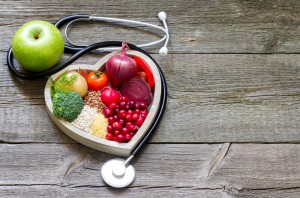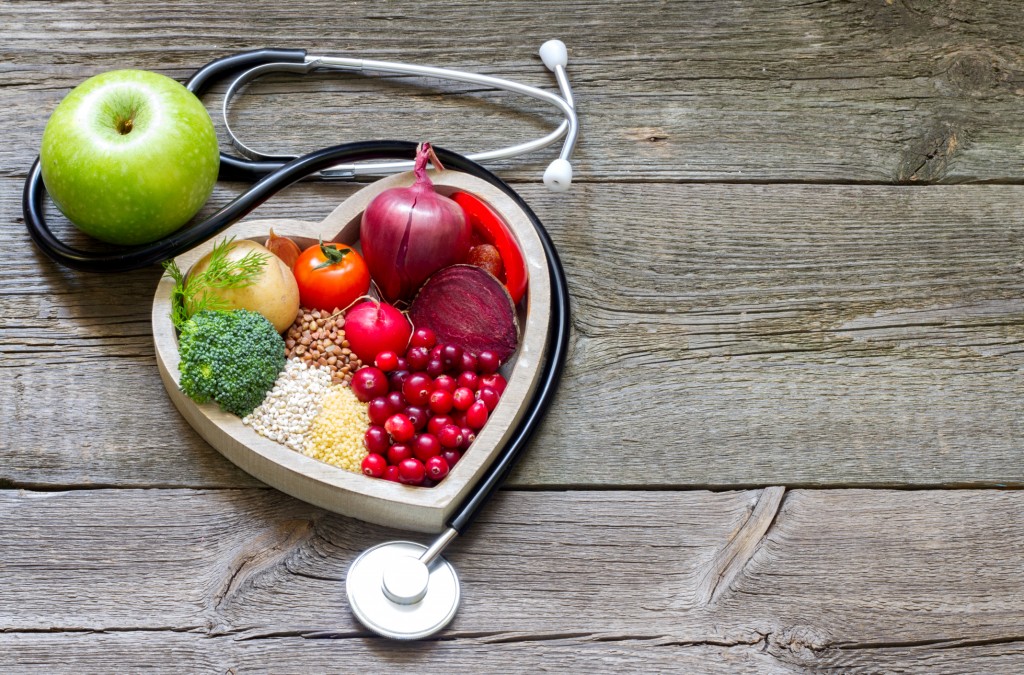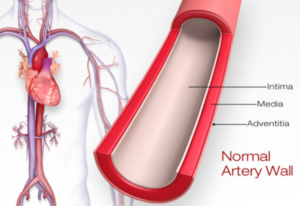 It’s frightening but it’s a fact: Heart disease is the #1 killer of women in the United States. And if that wasn’t bad enough, women who have had their ovaries removed are especially at risk. So what’s a girl to do? Beat the odds by replacing the junk food in your cupboard with these heart-healthy foods, recommended by the American Heart Association!
It’s frightening but it’s a fact: Heart disease is the #1 killer of women in the United States. And if that wasn’t bad enough, women who have had their ovaries removed are especially at risk. So what’s a girl to do? Beat the odds by replacing the junk food in your cupboard with these heart-healthy foods, recommended by the American Heart Association!
Whole grains. Whole grains, like brown rice and quinoa, are packed with many nutrients that refined grains are stripped of, like fiber, folate and iron. A study by the Whole Grains Council proved that replacing refined grains with whole grains can lower the risk of heart disease by up to 28 percent.
Leafy greens. Greens such as kale and spinach are great sources of fiber, antioxidants, and other vitamins and minerals that contribute to heart health. They are easy to find and are very versatile in recipes.
Extra-virgin olive oil. This healthy fat can make a great heart-healthy substitute for butter. See where you can make the switch in your next recipe!
Raw, unsalted almonds and walnuts. These make great snacks, salad additions, and toppings. A ¼ cup a day can boost your protein and lower your cholesterol. Just be careful, eating too much more than that, could lead to packing on a lot of unnecessary calories and fats.
Tomatoes. This veggie is high in antioxidants that protect the heart. Plus, this convenient little fruit (yes, it’s a fruit!) is a super easy add-in to any recipe.
Fish. Fish are high in Omega-3s, which are known to benefit the heart. Many doctors recommend adding fish to your diet at least a couple times a week.
Beans and Lentils. Versatile and extremely healthy, beans and lentils are a great way to add fiber, protein, and iron to almost any meal.
Grapes. They may be tiny but grapes are packed with antioxidants, making heart health a little sweeter. In addition to antioxidants, they also provide phytochemicals that protect the cardiovascular system.
Berries. Filled with fiber and antioxidants, berries make great, heart-healthy desserts any time of the day.
Dark chocolate. Now that’s a change I can make to my diet, am I right, ladies? Adding just a little bit of dark chocolate to those berries and you’ve got yourself a divine, guilt-free dessert. Of course, this doesn’t give you the green light to eat chocolate all day, but studies do show that eating a small amount of dark chocolate a few days out of the week can help lower your blood pressure and improve blood flow.
If you would like to take the first step towards good heart health, contact Dr. Gordon C. Gunn MD in Fullerton, CA at 714-912-2211 to schedule an appointment today .Or visit www.gordongunnmd.com for additional information regarding women’s health.
Dr. Gordon Gunn proudly serves Buena Park, La Mirada, Yorba Linda, Diamond Bar, Walnut and all surrounding Orange County areas.



 Heart disease is among one of the most deadly killers in the world, killing on average 2,200 thousand Americans a day. These numbers are extremely devastating, and one of the key risks for developing heart disease is clogged arteries. Clogging of the arteries doesn’t happen overnight, and can be caused by diet, genetics and lifestyle choices. However, there are foods that can help unclog your arteries of plaque buildup:
Heart disease is among one of the most deadly killers in the world, killing on average 2,200 thousand Americans a day. These numbers are extremely devastating, and one of the key risks for developing heart disease is clogged arteries. Clogging of the arteries doesn’t happen overnight, and can be caused by diet, genetics and lifestyle choices. However, there are foods that can help unclog your arteries of plaque buildup: